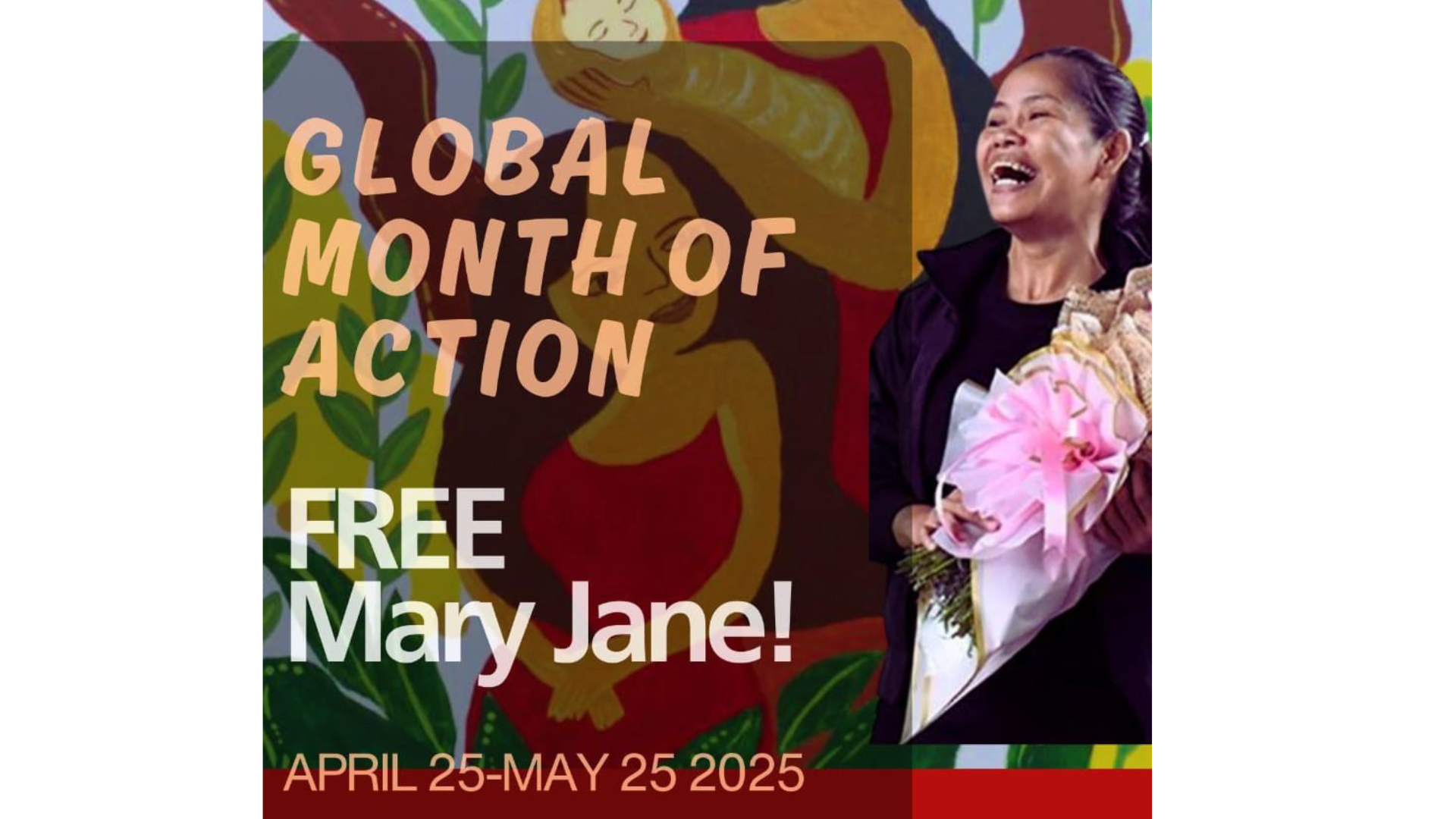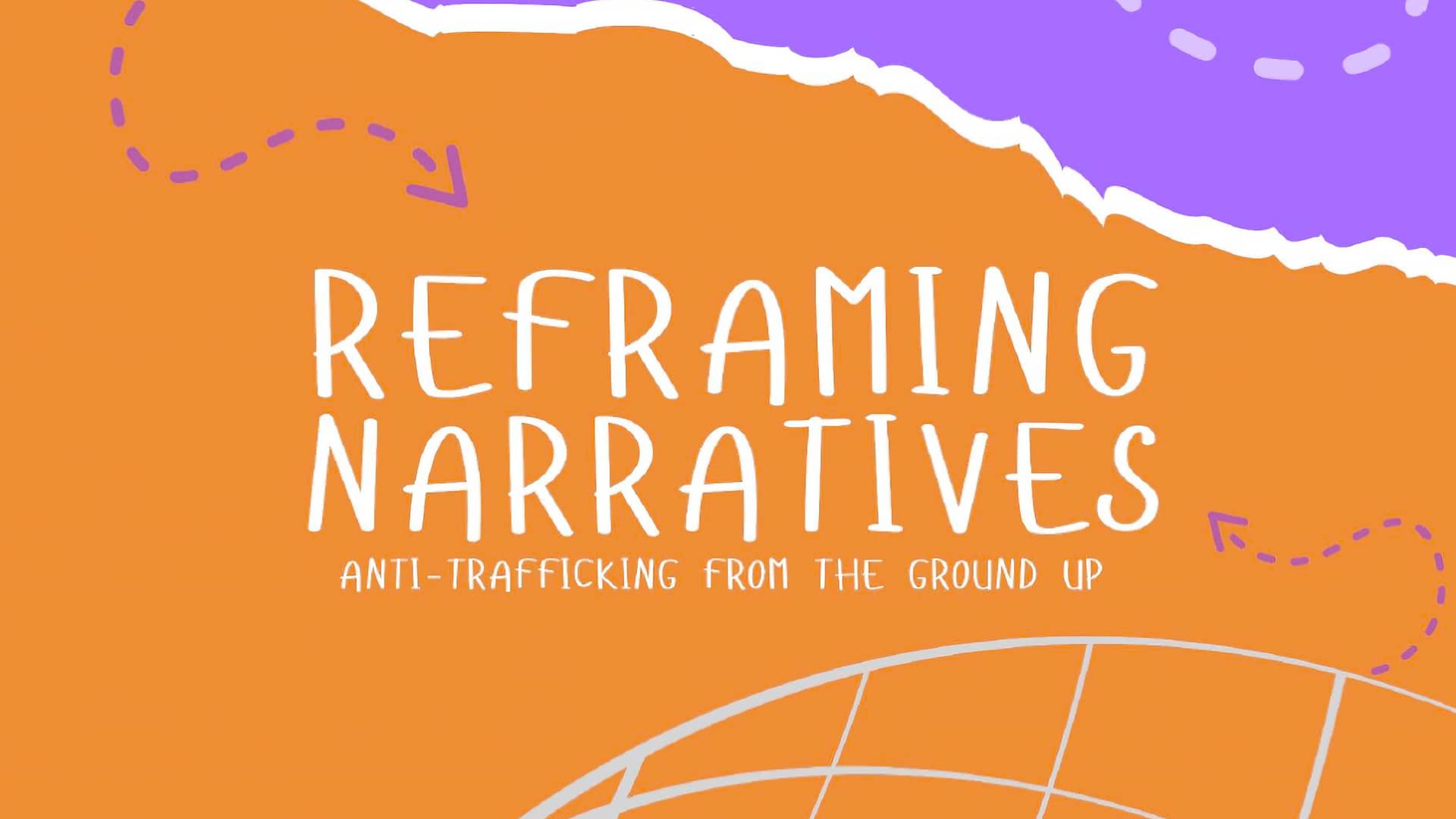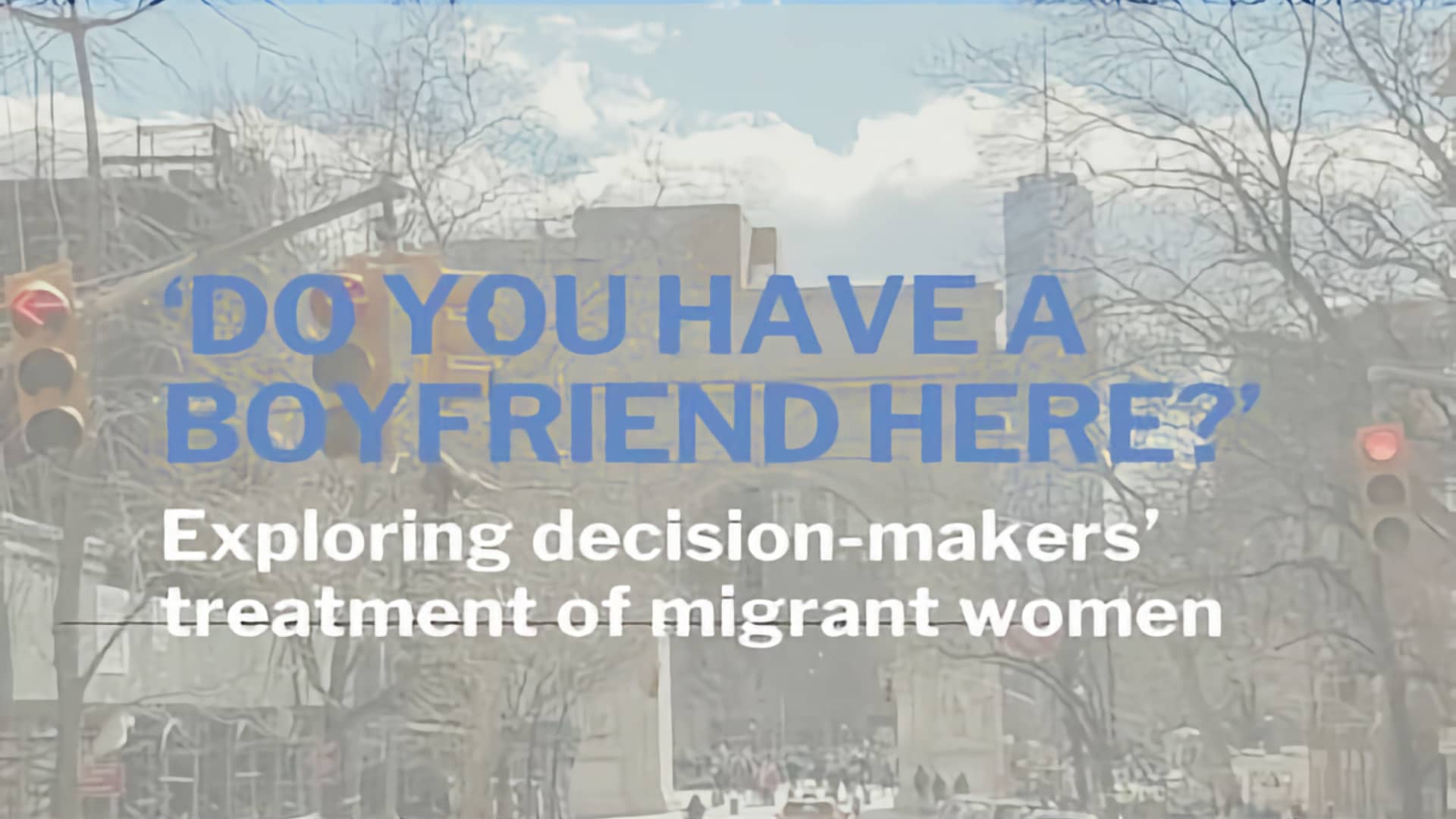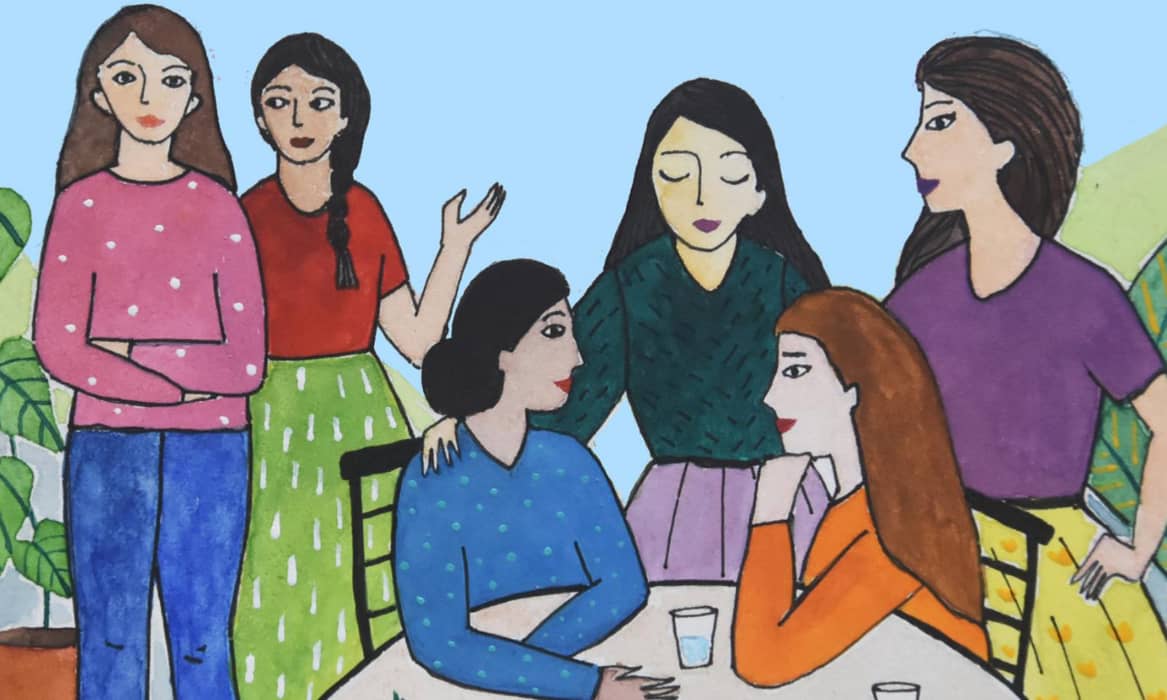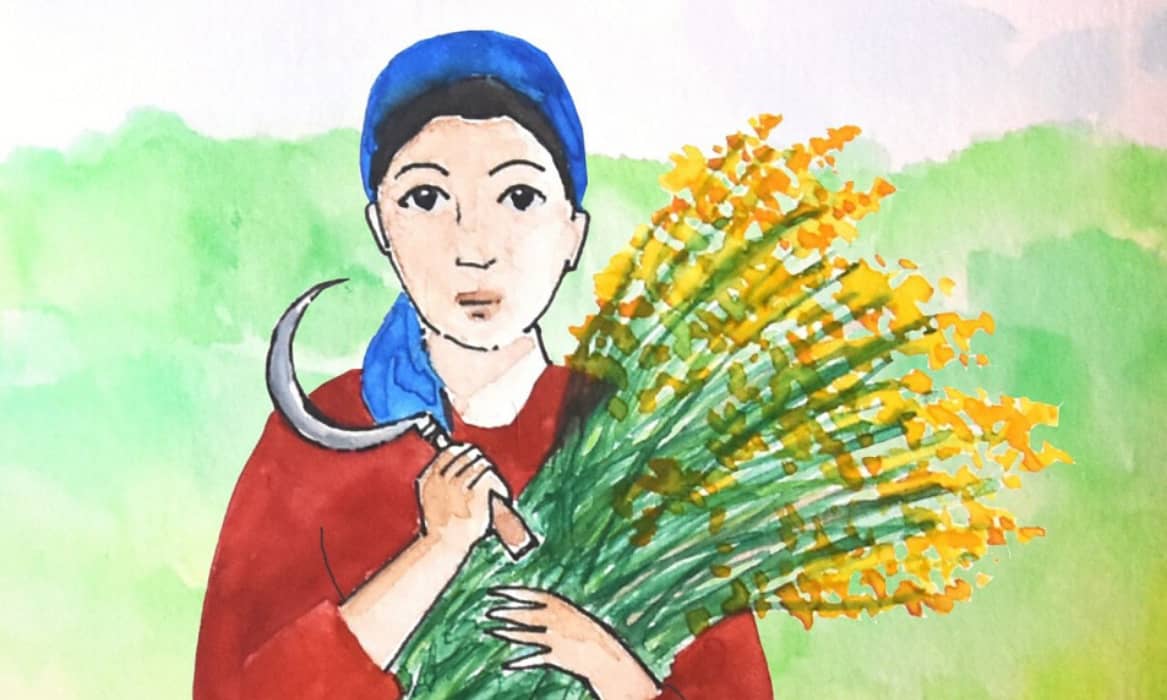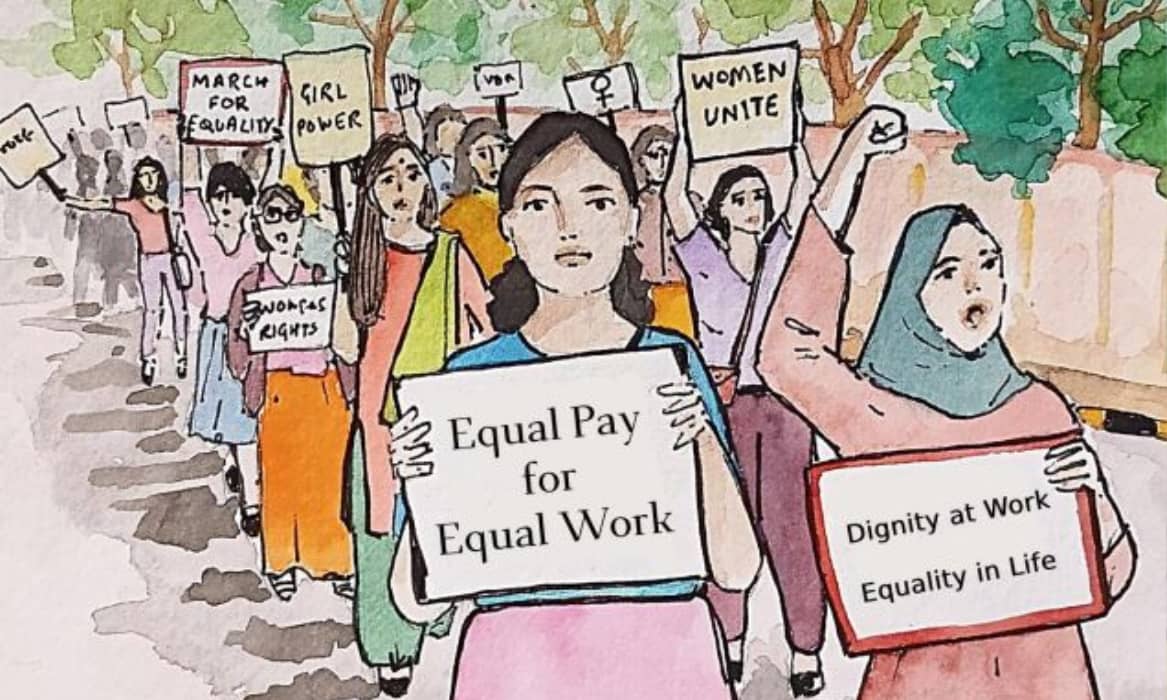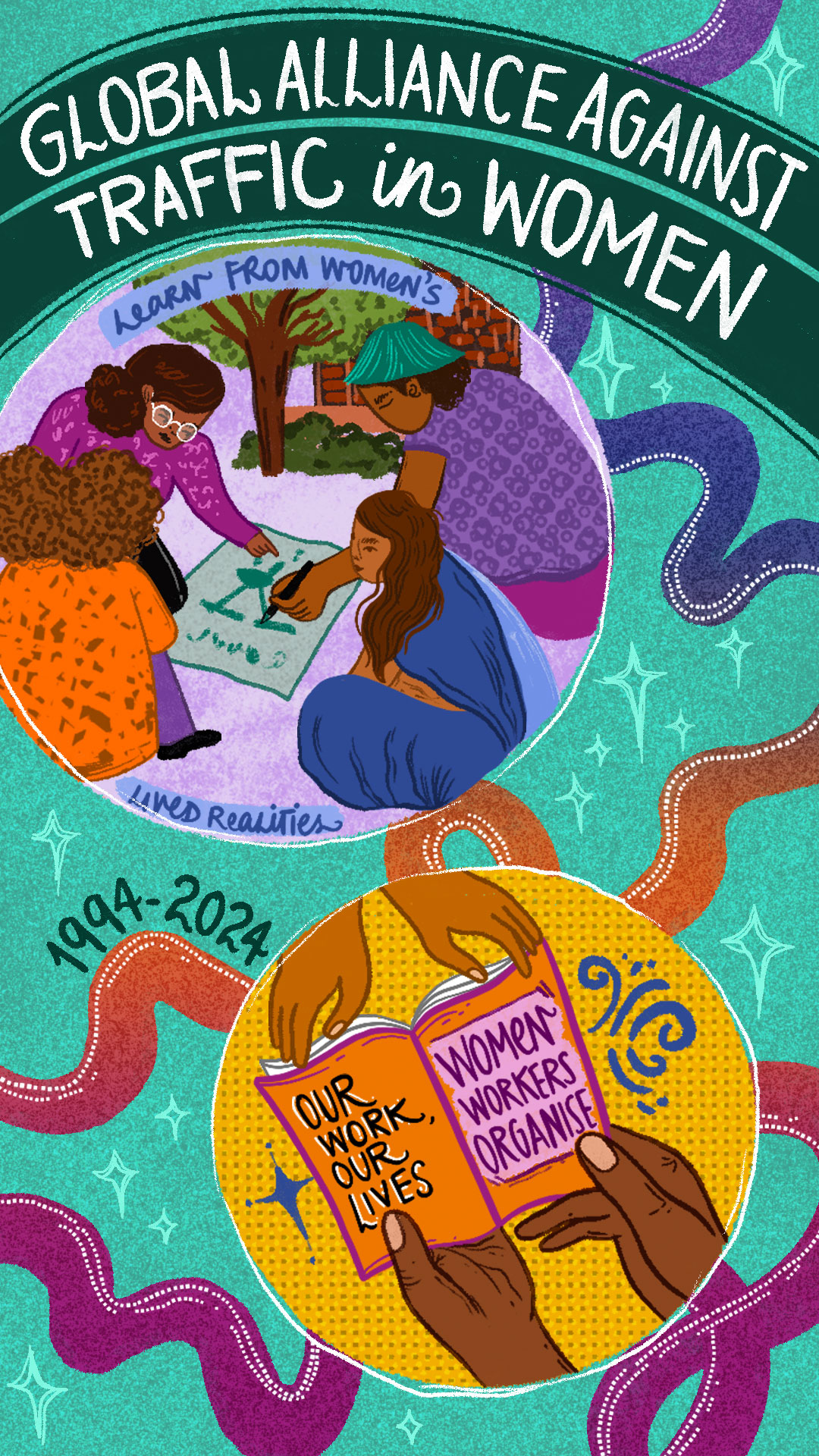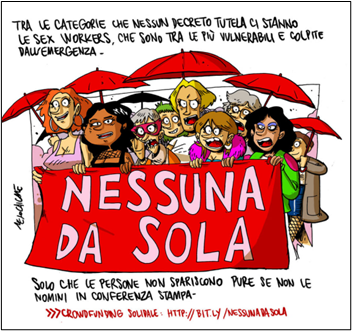 “Once again we were excluded from the system,” said Pia Covre, a former sex worker and one of the founders of the Committee for the Civil Rights of Prostitutes (henceforth, Comitato), which promotes the legal recognition and decriminalisation of sex work in Italy.
“Once again we were excluded from the system,” said Pia Covre, a former sex worker and one of the founders of the Committee for the Civil Rights of Prostitutes (henceforth, Comitato), which promotes the legal recognition and decriminalisation of sex work in Italy.
This statement from our colleague was the starting point of the Italian campaign “Nessuna da sola” or “No One Left Behind”. One of our eight Voice and Participation project partners, Comitato, initiated grassroot activism in Italy against the exclusionary policy of the government that left sex workers out of state support during the COVID-19 pandemic. The campaign crowdfunded 30,000 Euros to support them.
Who is Comitato?
Comitato is the only sex-worker-led organisation in Italy that implements an anti-trafficking and assistance programme for victims of trafficking and sexual exploitation since 2000. It is also a founding member of TAMPEP (Transnational AIDS/STI prevention among Migrant Prostitutes in Europe Project), an international migrant sex worker-led network in Europe.
Comitato is based in Trieste, North Italy, which sits along one of the major routes that was used for migration and trafficking of women and girls from Eastern Europe in the late 1990s.[1] Around the same time, the analysis of the conditions of migrant women shifted from a workers’ rights lens to an immigration-related one.[2] This lack of attention to social integration services for migrant women motivated Comitato to establish a social protection programme. In 1995, in order to advocate for legislation that would guarantee assistance and protection to victims of trafficking and sexual exploitation, Comitato conducted a series of outreach and health information-related activities with identified victims of trafficking on the streets of Venice, Bologna, Modena, Rimini and San Remo. Together with other organisations, it advocated with the Italian government to enact a social protection programme for victims of trafficking.
Currently, as part of its social protection and assistance work, Comitato has three 'Stella Polare' safe houses for victims of trafficking in Trieste. In these shelters, women have access to social assistance as well as support during the criminal proceedings against traffickers.
Nessuna da sola
In Italy, selling sex is legal but soliciting is criminalised and the government does not recognise sex work as work or sex workers as workers. As such, they were excluded from the assistance measures provided to other workers during the pandemic. Additionally, sex workers are often from migrant background.[3] Like other migrants in the country, they come from many parts of the world but primarily from Africa, Eastern Europe, Southeast and East Asia, and South America.
To address their unmet health, economic, and social needs Comitato and other anti-trafficking organisations, sex worker collectives, and allies initiated the “Nessuna da sola” crowdfunding campaign.
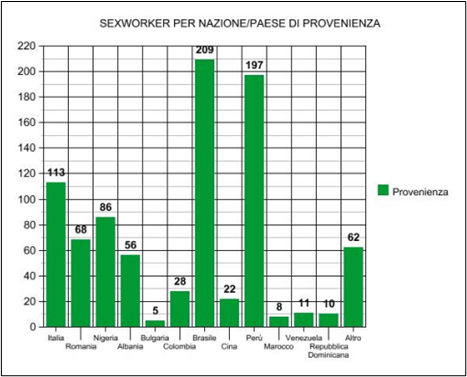 The vast majority of sex workers that Comitato reached (around 950) were from countries in Latin America (Brazil, Peru), followed by Italy, Nigeria, and Romania. 57 percent of the Latin American sex workers were undocumented while the rest had residency permits, mainly as asylum seekers. Similarly, 45 percent of African sex workers were asylum seekers. 63 percent were cis women and 35 percent were trans women.
The vast majority of sex workers that Comitato reached (around 950) were from countries in Latin America (Brazil, Peru), followed by Italy, Nigeria, and Romania. 57 percent of the Latin American sex workers were undocumented while the rest had residency permits, mainly as asylum seekers. Similarly, 45 percent of African sex workers were asylum seekers. 63 percent were cis women and 35 percent were trans women.
Because of the lockdown, the main ways in which Comitato and the other campaign partners established contact with sex workers was through word of mouth between sex workers and phone calls. 67 percent were pre-existing contacts while 32 percent were new workers. The partners collected data and information about the needs and various requests for help, evaluated their urgency, and sent the request to Comitato. Comitato then disbursed the requested amount from the fund to the organisation making the request.
Most sex workers, 73 percent, reported lack of food as their primary concern, followed by paying rent and utilities. The campaign provided boxes of food and basic necessities, medicines, and support with paying utilities and partial rent for sex workers in dire poverty. The lockdowns also led to feelings of isolation and the campaign partners provided psychological support to sex workers who needed it.
There were also gaps in support that could not be adequately provided. This included remittances to sex workers’ families, hormone treatments for trans sex workers, COVID testing, or contact tracing of clients, and violence from house owners due to delays in rent payments. Healthcare in Italy is free for everyone,[4] even for undocumented migrants. However, the stigma around sex work, combined with the fear or violence from the police, clients, or members of the community, keeps migrant sex workers away from the public healthcare system.
Conclusion
COVID-19 exacerbated the stigma, discrimination, isolation, and lack of access to social benefits that have always excluded sex workers, both local and migrant, from participating as citizens in Italian society. The campaign highlighted how the illegality of sex work, whether done by choice or by force, by migrants or locals, prevents the state from seeing sex workers as active subjects participating in decision-making and discussions around their own lives and work. It also emphasised the need for social and political inclusion of migrant sex workers within the Italian legislative framework.
Written by Srishty Anand (GAATW-IS) and Letonde Hermine Gbedo (Comitato) with editorial inputs from Borislav Gerasimov
[1]https://www.ohchr.org/en/calls-for-input/2019/call-contributions-draft-general-recommendation-trafficking-women-and-girls
[2] Alconzo, G. D. ’, Rocca, S. la, & Marioni, E. (2002). Gender Promotion Programme, International Labour Office. Working Paper No. 4 Series on Women and Migration. Italy: good practices to prevent women migrant workers from Italy: good practices to prevent women migrant workers from going into exploitive forms of labour. https://www.ilo.org/employment/Whatwedo/Publications/WCMS_117932/lang--it/index.htm
[3] https://www.donnagiustizia.it/covid19-nessuna-da-sola-solidarieta-immediata-alle-lavoratrici-sessuali-piu-colpite-dallemergenza-report-crowfunding/ (Only in Italian)
[4] In Italy, access to healthcare is for all including undocumented migrants as long as they obtain a special health card for the undocumented - STP (stranieri temporamenamente presenti). Healthcare is free for urgent and life saving issues; it is free for all as long as they are able to prove low or lack of income.






